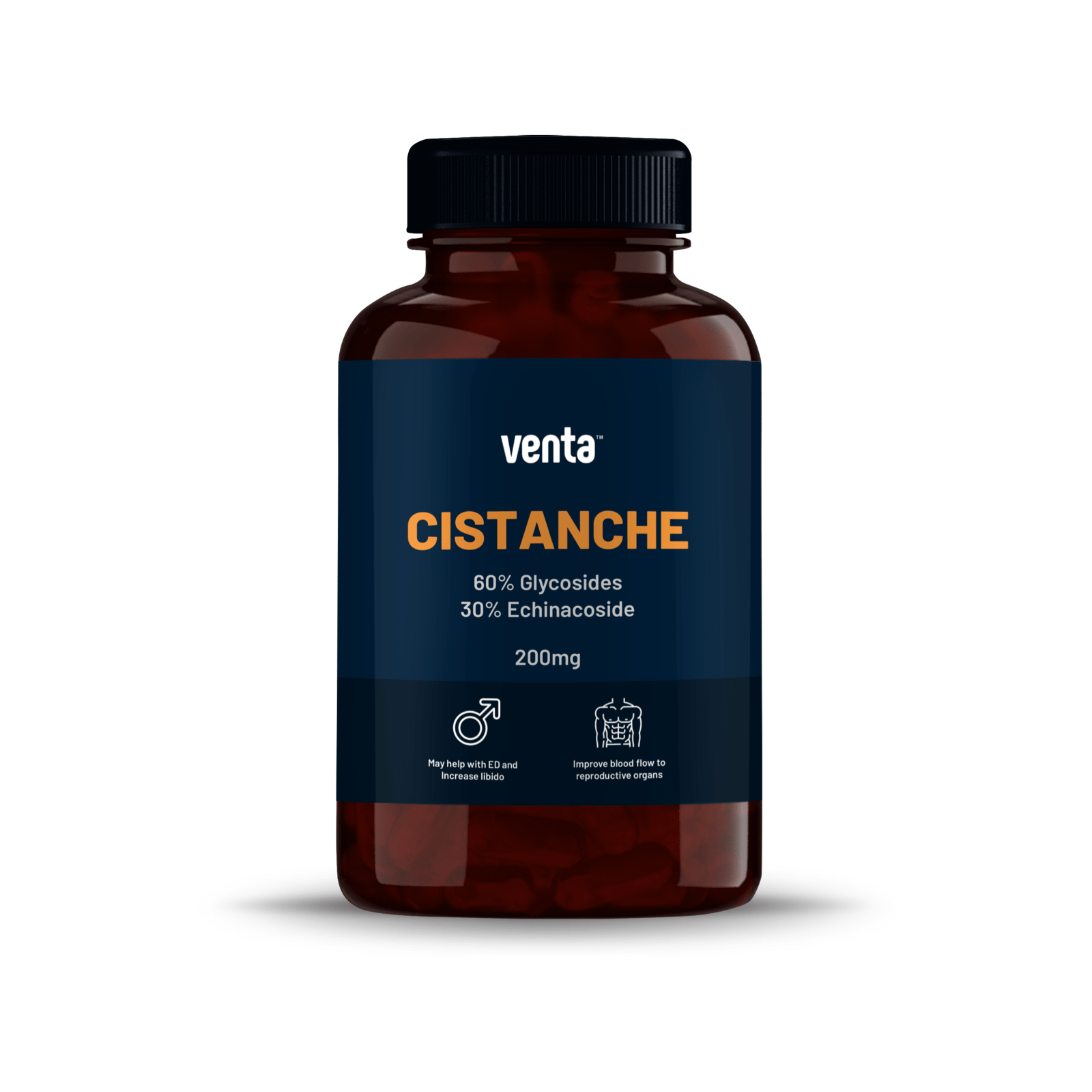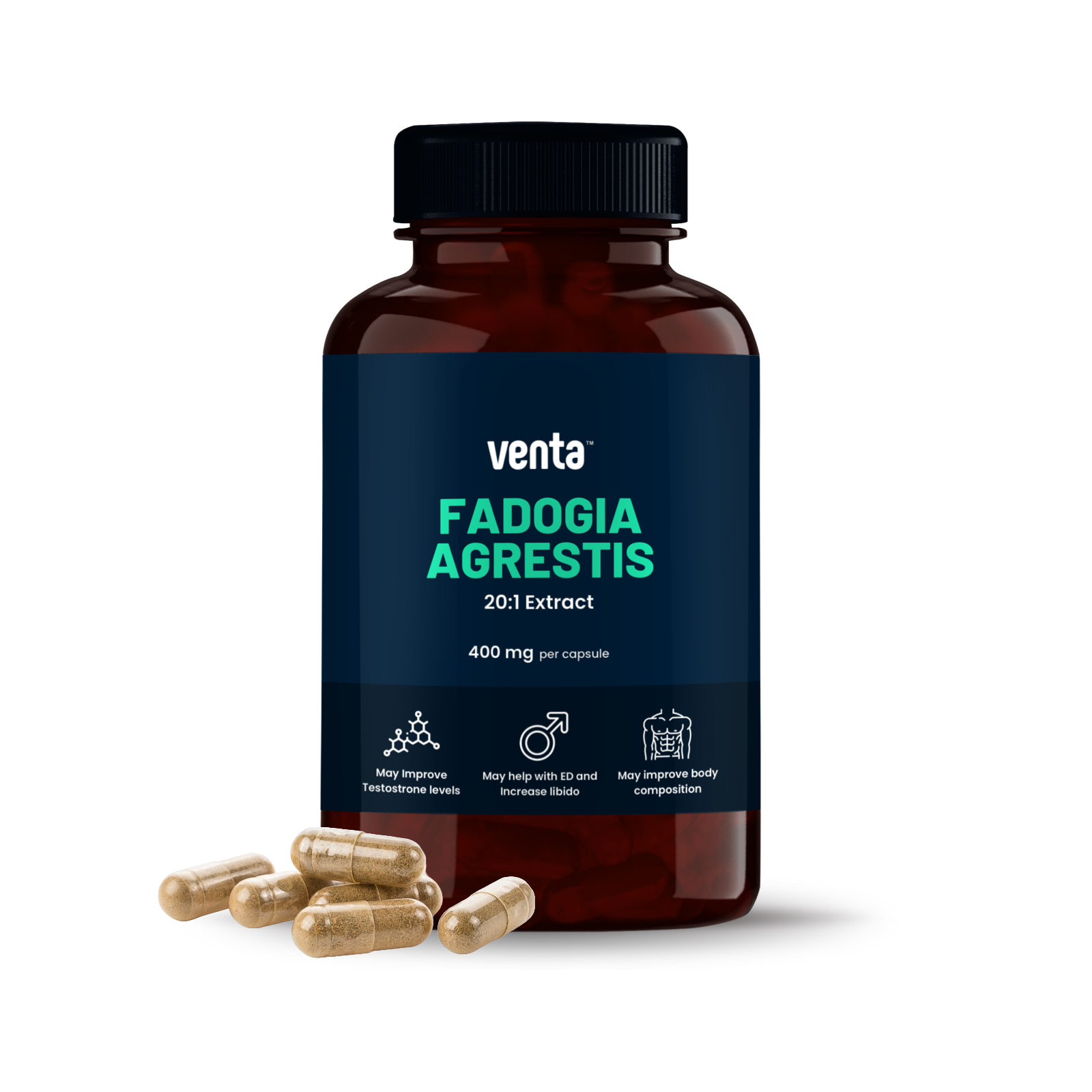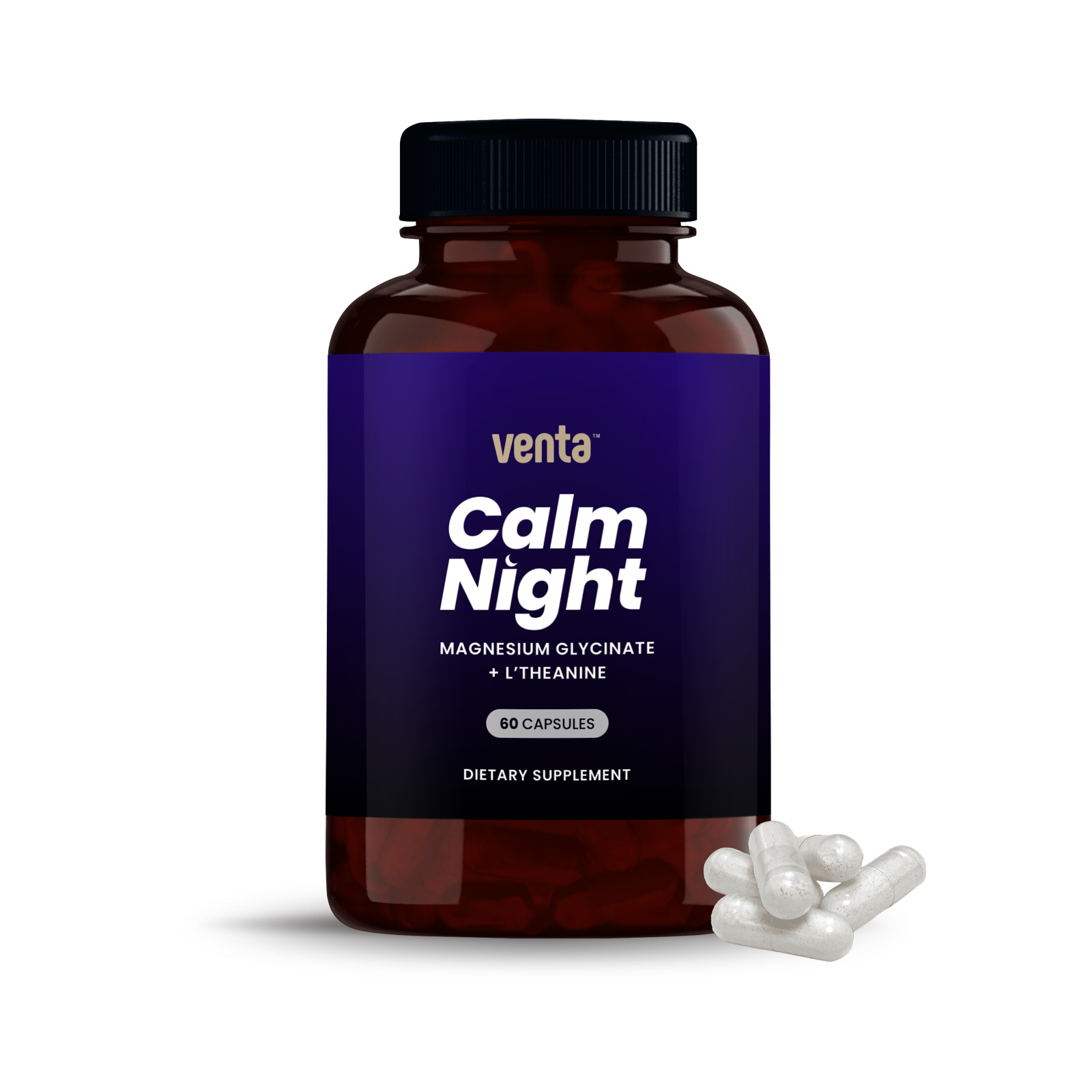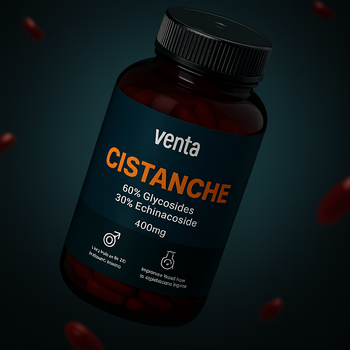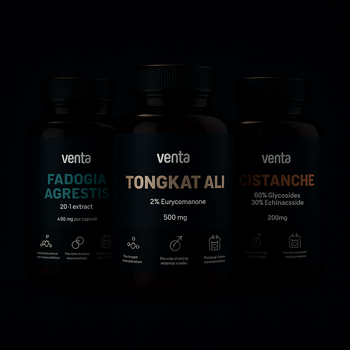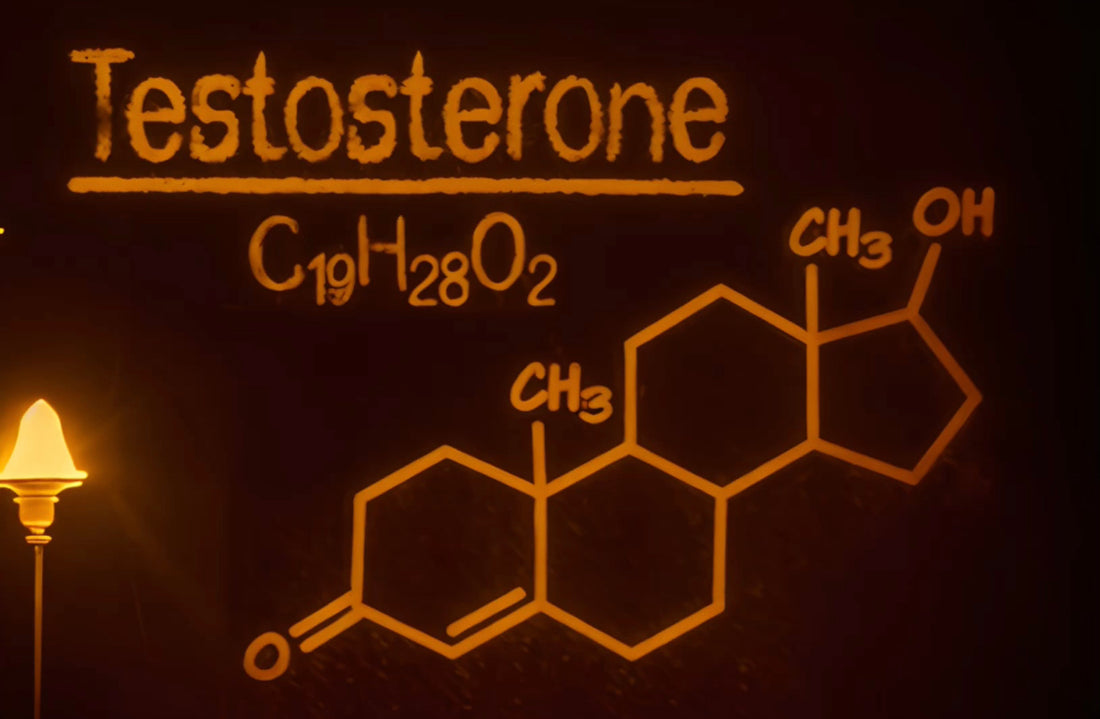Understanding Testosterone: How to Naturally Support Healthy Levels
Testosterone is often referred to as the "male hormone," but it's much more than that. While it plays a vital role in men’s health — including mood, energy, muscle mass, libido, and overall well-being — it’s also essential for women, just in smaller amounts. Unfortunately, modern lifestyles, stress, diet, and environmental exposures have led to a noticeable decline in average testosterone levels in recent decades.
This post breaks down what testosterone is, why it's important, the symptoms of low levels, and what science-backed strategies can help maintain or boost it naturally.
What is Testosterone and Why Does It Matter?
Testosterone is a hormone primarily produced in the testes (in men) and ovaries (in women), with smaller amounts made in the adrenal glands.
In men, it’s responsible for:
- Regulating libido
- Supporting bone density
- Increasing muscle mass and strength
- Supporting mood and mental clarity
- Producing sperm and supporting fertility

According to data published in The Journal of Clinical Endocrinology & Metabolism, testosterone levels in men have declined by about 1% per year since the 1980s — even when accounting for age and other health factors.
Signs of Low Testosterone
Many people experience symptoms without realising low testosterone could be the cause. These include:
- Fatigue and low energy
- Decreased sex drive
- Mood swings or depression
- Difficulty building or maintaining muscle
- Increased body fat
- Poor sleep quality
- Difficulty concentrating (brain fog)
If you’re experiencing several of these symptoms, it may be worth discussing with a healthcare provider and checking your hormone levels through a blood test.
Science-Backed Ways to Naturally Support Testosterone
Boost Testosterone Naturally: 6 Evidence-Based Strategies
1. Prioritse Sleep
Lack of sleep is one of the most underrated contributors to low testosterone. A University of Chicago study found that just one week of sleeping only 5 hours per night reduced testosterone levels by 10–15% in healthy young men.
Key Tips:
- Go to bed before midnight and aim for 7–9 hours of quality sleep per night
- Avoid blue light and screen at least 1 hour before sleep
- Use natural sleep support, such as Calm Night, which contains L-theanine and Magnesium Glycinate, to promote deep, restful REM sleep.

2. Manage Stress
Chronic stress increases cortisol, a hormone that suppresses testosterone.
Try: Meditation, breathwork, journaling, or even short walks during the day. These small acts can significantly reduce stress over time.

3. Strength Training & Movement
Resistance training — especially compound lifts (deadlifts, squats, bench press) — is a proven testosterone booster.
Best Practices:
- Lift heavy 3–4 times per week
- Short, intense workouts (30–45 mins max)
- Prioritise recovery and mobility

Bonus: Even brisk walking improves insulin sensitivity, which can positively impact hormone health.
4. Supportive Nutrition
Key nutrients for testosterone production include:
- Zinc (found in beef, pumpkin seeds, oysters, shellfish)
- Magnesium (leafy greens, nuts, whole grains)
- Vitamin D (sun exposure, fatty fish, or supplementation)
- Healthy fats & cholesterol (Grass-fed beef, free-range egg, olive oil, avocados, omega-3s)

Foods to avoid:
- Soy products (can raise estrogen levels)
- Seed oils (linked to inflammation)
- Refined sugars
5. Minimise Estrogen & Toxin Exposure
Modern life is full of estrogen-mimicking chemicals called xenoestrogens — found in plastics, cosmetics, and even water.
Avoid:
- BPA (found in water bottles and canned food linings)
- Parabens and phthalates (in lotions and shampoos)
- Pesticides (opt for organic when possible)
Hydration Tip: Drink from glass or stainless steel, never plastic.
6. Consider Herbal Support & Supplements
Some herbs have shown potential to support testosterone and vitality in small studies:
- Tongkat Ali – May help with libido and stress.
- Ashwagandha – Adaptogenic herb linked to improved testosterone in stressed men.
- Fadogia agrestis – Early studies show promise but more human research is needed.
- Magnesium + L-theanine (Calm Night) – Not for testosterone directly, but helps support sleep, which indirectly supports hormones.
⚠️ Always speak to a healthcare provider before starting any new supplement, especially if you're on medication.
Should You Test Your Testosterone?
If you're experiencing multiple symptoms, testing may be a good idea. Many clinics and labs offer total and free testosterone testing, ideally in the morning when levels are highest. You could consider taking a quiz to help determine if you may be low in testosterone.
Take our testosterone quiz
💬 Final Thoughts
Testosterone is a foundational hormone for both physical and mental health. The good news? There are practical, science-backed ways to support your levels through lifestyle changes, sleep, nutrition, and stress management.
Rather than chasing “quick fixes,” focus on habits that build a solid foundation — your hormones (and overall well-being) will thank you.
